News
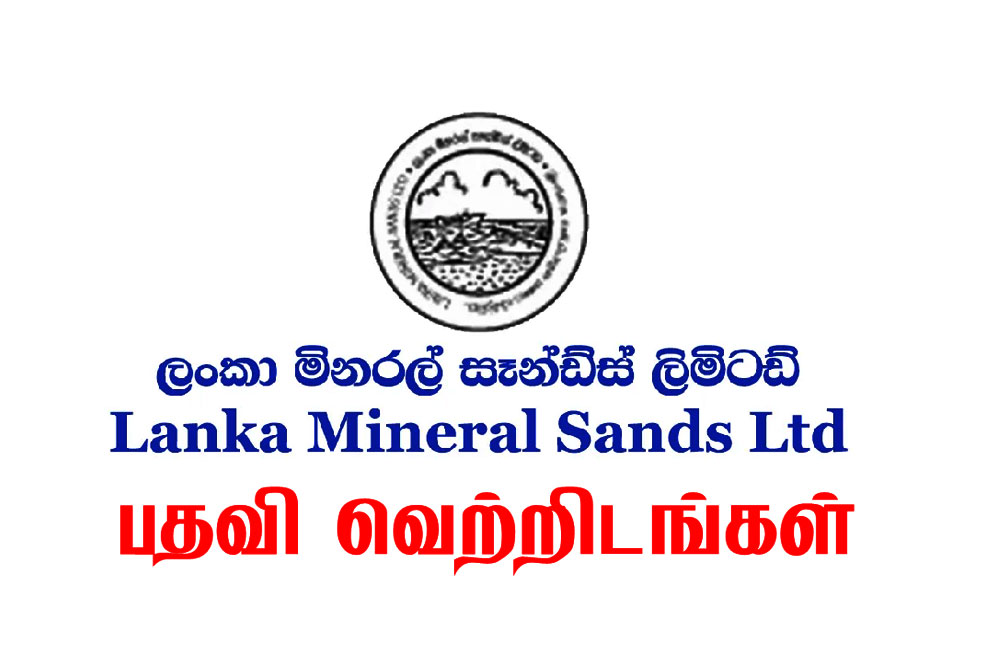
COPE orders prompt probe into ilmenite deal
A prompt probe is to be initiated into the ilmenite sale deal carried out by Lanka Mineral Sands Limited, a wholly owned state-owned company. Prof. Charitha Herath, Chairman of the Committee on Public Enterprises (COPE) requested the Secretary to the Ministry of Industries, Anusha Palpita, to immediately investigate and submit a report on the tender awarded by Lanka Mineral Sands Limited for the sale of ilmenite.
Investigations are to be instigated in to the action taken by this wholly owned state-owned company, for the sale of 85,000 metric tons of ilmenite at USD 147 per ton to the third-placed bidder instead of the buyer who had offered the highest price of USD 165 per ton of ilmenite.
Officials of Lanka Mineral Sands said the tender for the sale has been awarded by a tender subcommittee appointed by the Cabinet of Ministers and has been approved by the Cabinet.
The COPE members who drew their attention to this said it is observed that the officials of the Mineral Sands Institute have taken steps to mislead even the Cabinet of Ministers.
It was also revealed that the current price of a metric ton of ilmenite is close to USD 240. The committee focused its attention on the decline in sales in 2020 compared to the total sales in 2018 and 2019.
It was revealed that as a result of still storing the 85,000 metric tons of ilmenite sold to a buyer in October 2020 in the Pulmoddai deposit, the company is incurring losses due to minimizing the space available for the institution to store further minerals.
Officials of Lanka Mineral Sands Limited said that the deadline for the removal of the consignment has been extended due to the prevailing Covid situation.
It was revealed that payments had been made only for 65,000 metric tons from this stock and payment for another 20,000 metric tons is to be recovered.
Although the tenders were awarded by a subcommittee appointed by the Cabinet of Ministers, the Chairman stressed that in such cases, matters should be looked into more responsibly.
The COPE Chairman stated this at the Committee meeting held on the 23rd to review the performance of Lanka Mineral Sands Limited.
The committee also pointed out the importance of formulating a specific policy for the sale of mineral sands and instructed the Secretary to the Ministry to formulate a specific policy
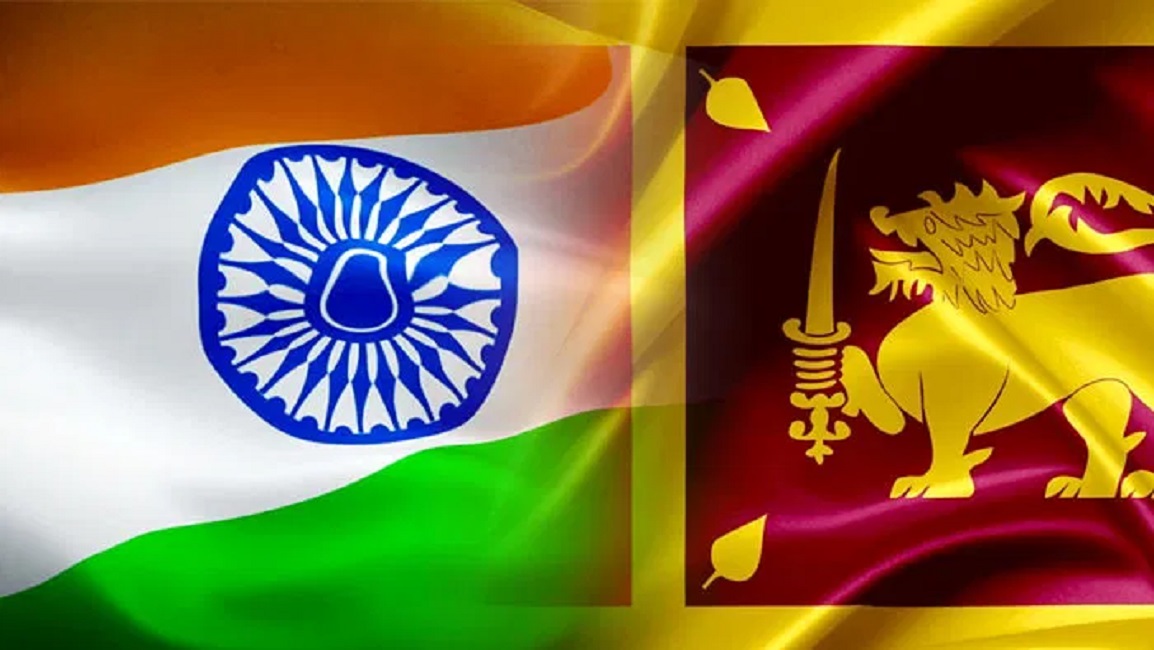
UNHRC Resolution: India abstains from voting despite heavy lobbying from Sri Lanka
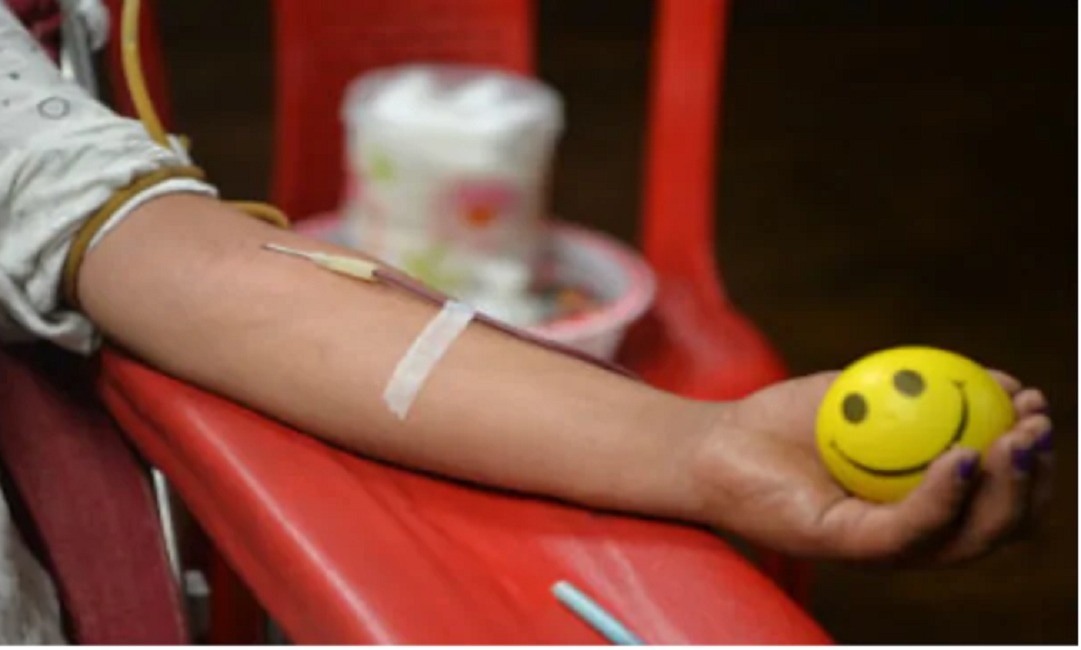
"Prana Jeeva Yatra' - Blood donation drive on the 27th (Video)
A blood donation drive will be held this Saturday (27), from 9.00 am to 3.00 pm at the Dharma Shastrodaya Piriven Viharaya in Piliyandala.
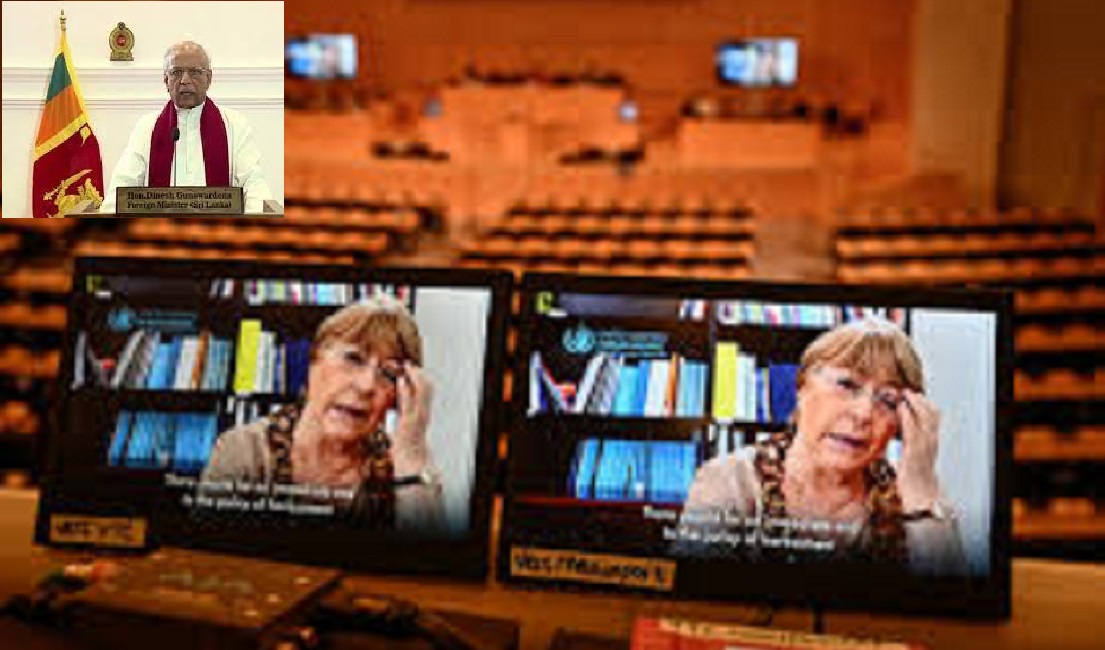
U.N. Human Rights Council adopts resolution against Sri Lanka
The United Nations Human Rights Council (UNHRC) in Geneva on Tuesday (23) adopted a resolution against Sri Lanka's rights record, in a setback to Colombo, which made determined efforts to garner international support ahead of the voting.
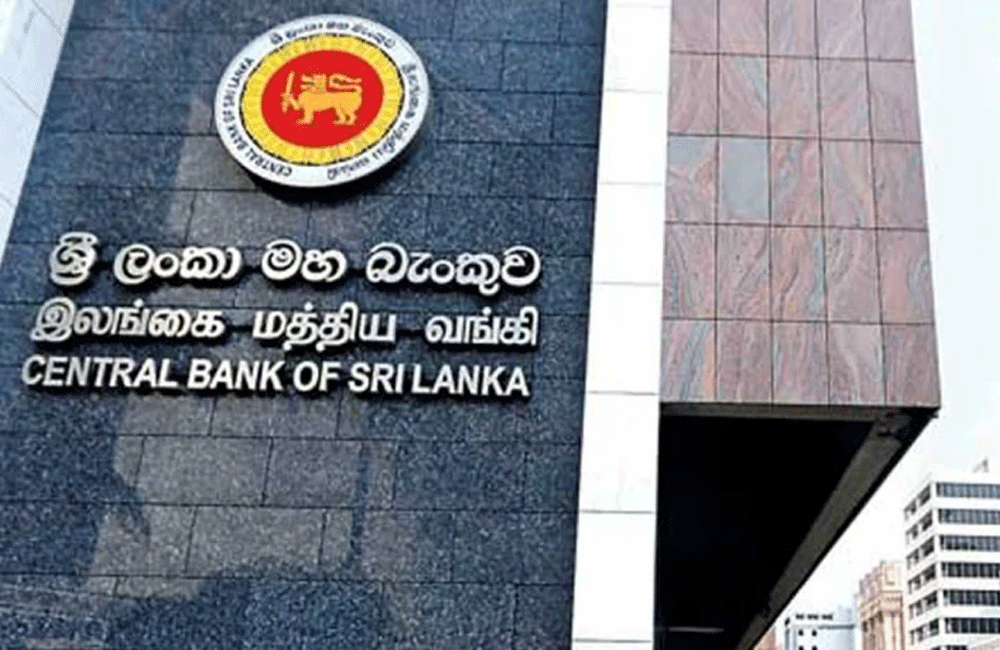
SL-China currency swap : A cure for dollar dependency or jump into fire ?
The Central Bank of Sri Lanka (CBSL) and the People’s Bank of China (PBC) entered into a bilateral currency swap agreement with a view to promoting bilateral trade and direct investment for economic development of the two countries, and to be used for other purposes agreed upon by both parties.
The People’s Republic of China remains Sri Lanka’s largest source of imports. In 2020, imports from China amounted to USD 3.6 billion 22.3% of Sri Lanka’s imports.
This Swap agreement has been approved by the Cabinet of Ministers with the recommendation of the Monetary Board of CBSL. Governors of the two Central Banks, Prof. WD Lakshman and Dr. Yi Gang, from the CBSL and PBC respectively were the signatories to the agreement.
Under this agreement, CBSL is entitled for a swap facility amounting to CNY 10 billion (approximately USD1.5 billion which is equivalent to around LKR 225 billion.
The agreement is valid for a period of three (3) years. Economic experts say if implemented completely, agreement could keep in check rupee’s volatility against the USD.
Experts noted that once the currency swap agreement between China and Sri Lanka comes into full force, it will significantly lift pressure off the foreign exchange reserves and the dependency on the dollar will decrease.
They added that according to the pact, the limit for exchange of local currencies of the two cannot be used for the repayment of debt or import of goods from other countries.
This means at the end of the three years of the agreement, if PBC has accumulated LKR 225 billion, the PBC can ask for 10 billion yuan in exchange for LKR 225 billion.
The Sri Lanka Central Bank is obligated to pay it under the agreement. If the Sri Lanka Central Bank has only 2 billion yuan, Sri Lanka can’t pay the amount in yuan, veteran economic analyst said.
Instead Sri Lanka has to pay the balance amount in a currency acceptable to PBC and that currency could possibly be U.S. dollars and this will put pressure on the country's foreign reserves.
Sri Lanka has faced a similar situation when it has re-payed USD 400 million currency swap to India before its due date on Indian request from the island nations current reserves.
If this happens again Sri Lanka will be pushed into fire from the frying pan, he commented.Meanwhile Sri Lanka and Bangladesh central banks will conduct talks over a swap arrangement, a joint communiqué said after a visit by Prime Minister Mahinda Rajapaksa to the South Asian neighbour.
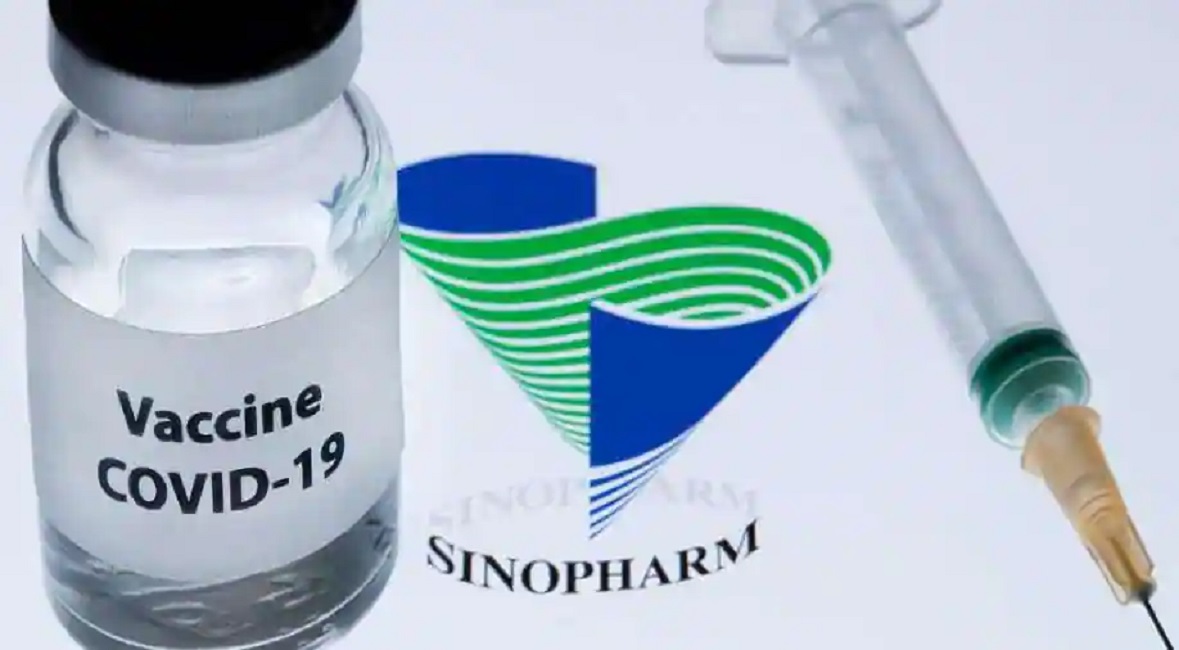
Chinese vaccine to be administered to people outside Colombo, Gampaha Districts
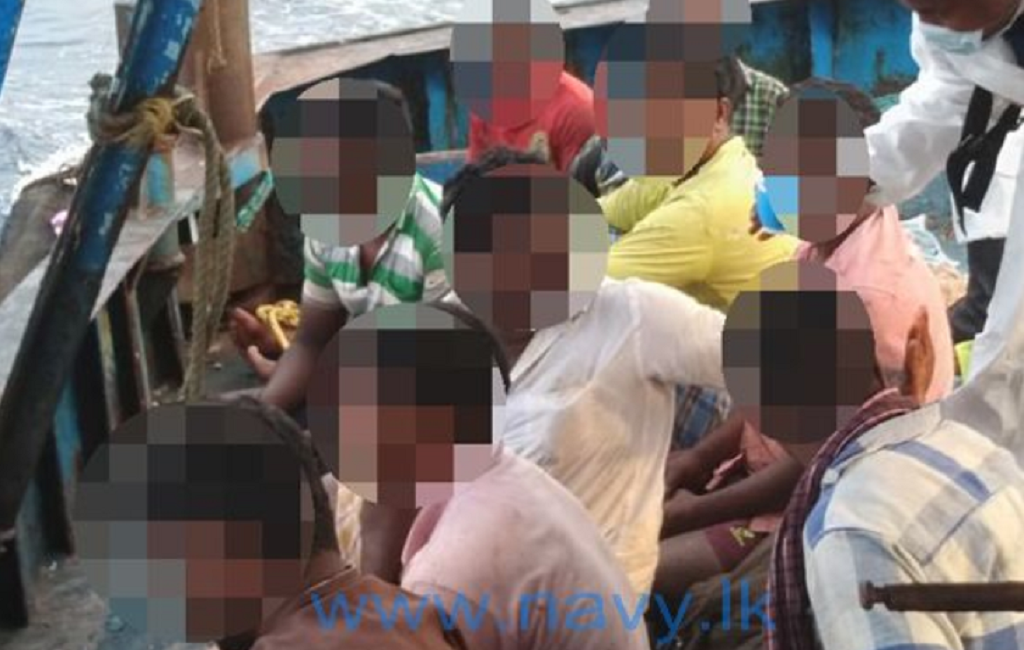
54 Indian fishermen apprehended by Navy : Fishermen issues are to be dealt in a humanitarian manner - Indian HC
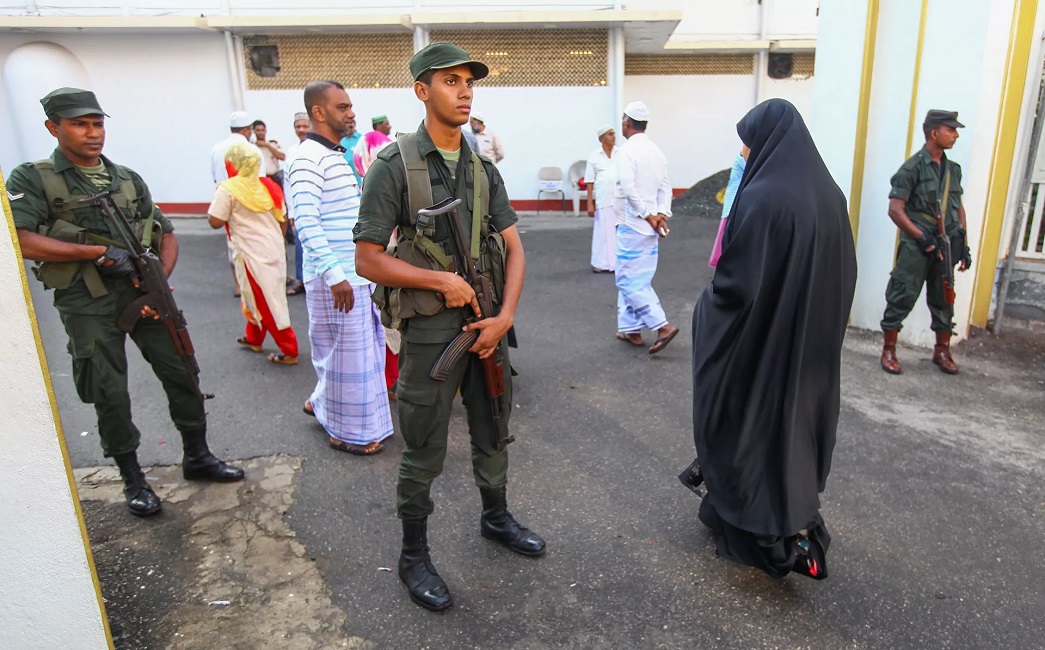
Sri Lanka minorities warn Muslim nations ahead of UNHRC vote
Minority community leaders in Sri Lanka have urged the United Nations Human Rights Council (UNHRC) members to consider the discrimination faced by minorities on the island nation ahead of a key vote on its human rights record.
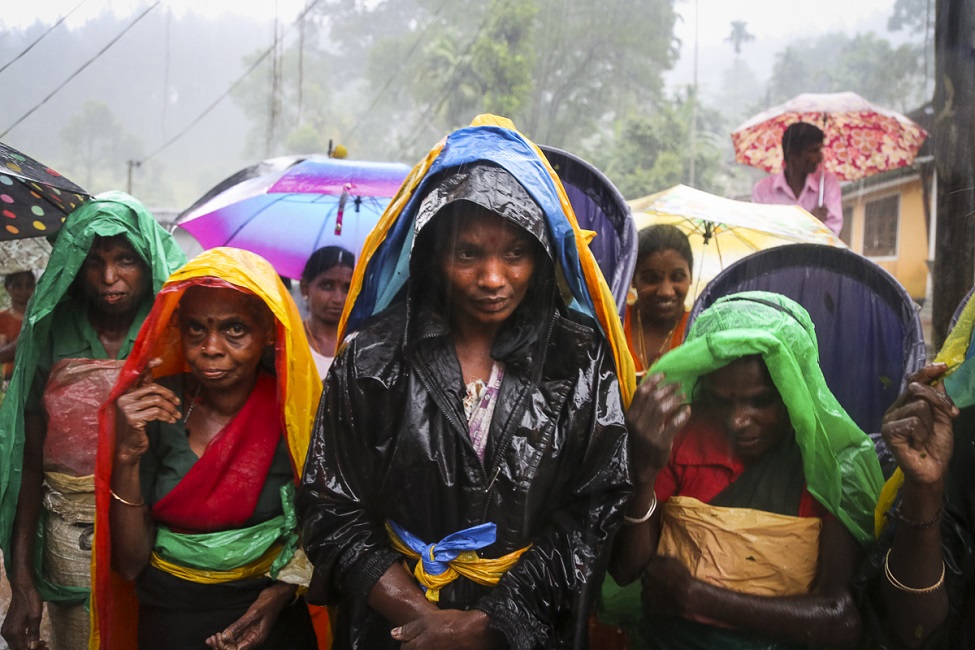
Are Sri Lankans unhappy? : SL ranks 129th ahead of last 20 in World Happiness Index
Sri Lanka ranked 129 out of 149 countries in the World Happiness Report 2021, released by the UN Sustainable Development Solutions Network.
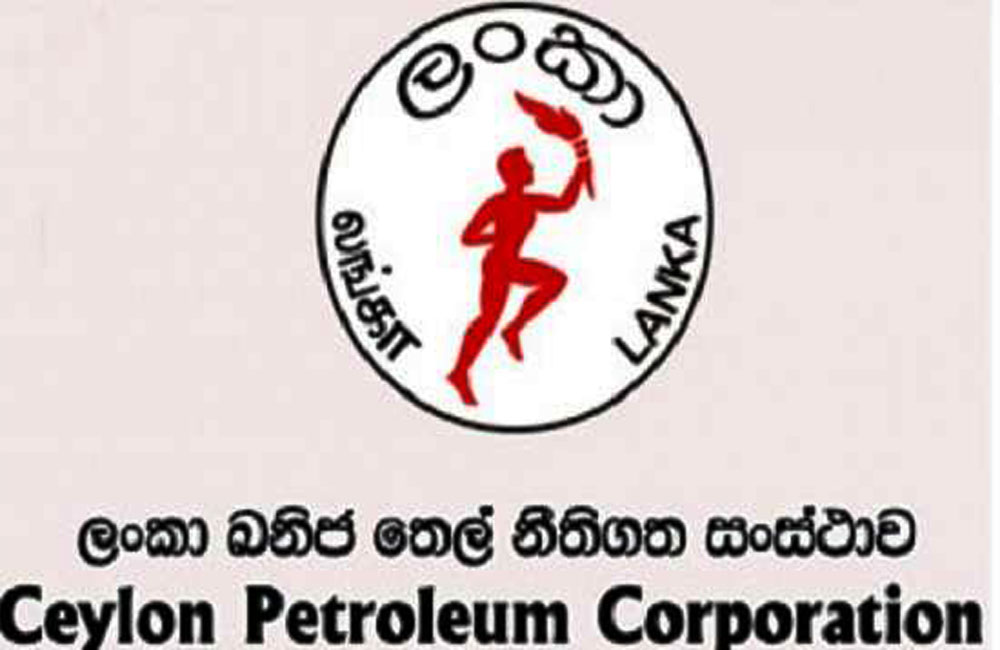
Details of the infamous CPC hedging deal resurface after 11 years
More damning details of the infamous hedging deal of the Ceylon Petroleum Corporation (CPC) have come to light once again with the revelation of a recent report by the Auditor General. In 2009, the country was shocked with the breaking news of a dubious and illegal deal which had taken place at the CPC causing huge losses of LKR 10.2 billion to the country.
The Supreme Court Judgement in January 2009 annulled all interim orders related to the hedging deals on controlling fuel prices. Since then, it has halted the hearing of the petitions against the hedging agreements citing that the Executive has failed to implement court orders.
The public interest activists were more than jubilant when it was announced that the newly created investigative arm of the then Yahapalana government, the FCID, had been directed to take over the investigations of the hedging scam and the case was referred to the AG’s Department for action in 2016.
The matter is now under the carpet or in the dustbin and the Sri Lankans with short memories are suffering without any hard feelings about the economic loss.
As per the arbitration deeds agreed upon by the parties, a sum of USD 60 million (LKR 7,613 million) had been paid to the Standard Chartered Bank (SCB) on 03 June 2013 whilst a sum of USD 27 million (LKR 3,881 million ) had been paid to the Deutsche Bank on 04 August 2016, the Auditor General's report said.
According to the information received, the CPC had sustained a loss of LKR 13,641 million by the year 2019 due to those transactions.
The Central Bank had spent a sum of LKR 941.2 million as legal fees relating to Hedging Deals of the Corporation, and LKR 370.6 million therefrom had been incurred by the Central Bank whereas a sum of LKR 567 million had not been reimbursed by the CPC to the Central Bank of Sri Lanka during the period 2011- 2014.
However, even by the end of the year under review, a sum of LKR 3.1 million had not been reimbursed by the CPC, a government audit inspection disclosed.
Furthermore, a case had been filed by the Commercial Bank at the Commercial High Court of Colombo against the Ceylon Petroleum Corporation with respect to a right of USD 8.6 million.
That case however was still progressing even by the end of the year 2019, the report divulged.
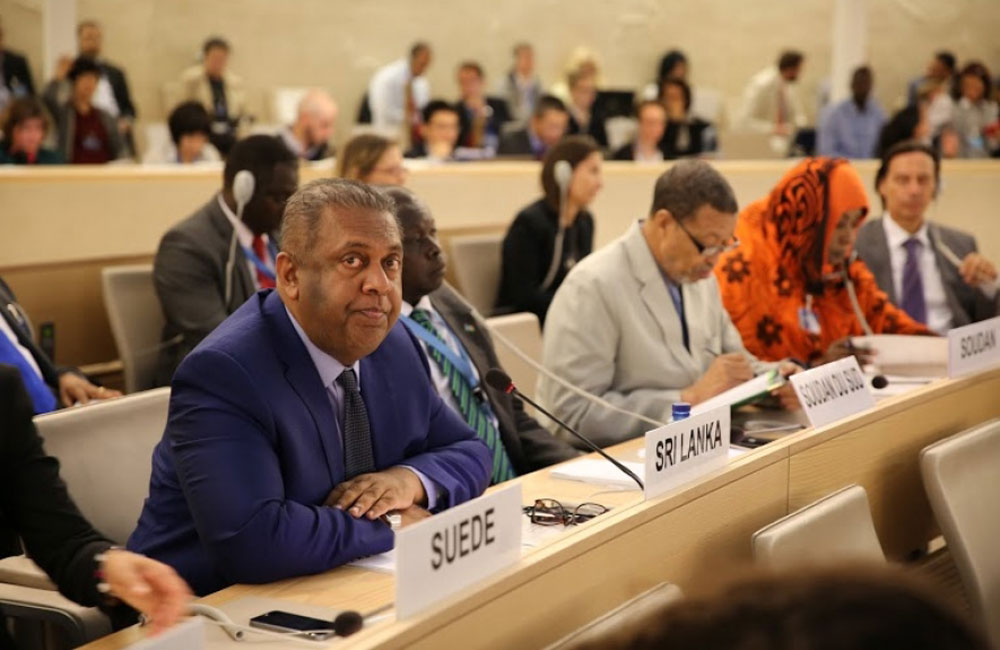
Mangala Samaraweera’s retirement eased our victory at UNHRC: Dr. Arujun Sivanathan
Commenting on the passing of the UNHRC resolution, a Tamil Diaspora representative told LNW that former minister Mangala Samaraweera's retirement from active politics was the major reason behind this victory.
Had Mr. Samaraweera continued to serve as the Minister of Foreign Affairs, or remained in active politics, this resolution would have never passed at the UNHRC, in the event that his influence could have changed the opinion of many member states who have voted in favour today, according to Dr. Arujun Sivananthan, Chair of British Tamil Conservatives and former Chairman of Barclays Capital. The resolution tabled against Sri Lanka at the 46th Sitting of the United Nations Human Rights Council (UNHRC) has passed with a majority vote today (23), winning 22 votes in favour and 11 votes in opposition. 14 member states abstained themselves from casting votes. The passing of the resolution enables the Human Rights High Commissioner's Office to directly intervene in the human rights affairs and reconciliation process in Sri Lanka paving the way for the UNHRC to table resolutions in view of progress.
Despite the Sri Lankan government's anticipation of securing votes of the member states from the global south at the Council, a majority has voted against the island nation, whilst some have abstained themselves from voting.
Every attempt made by the Tamil Diaspora since 2016 to pass a resolution of this nature was barricaded by the efforts made by Samaraweera, Dr. Sivananthan said, adding that the former Minister had used his personal ties to influence against the Tamil Diaspora, thereby suggesting that Samaraweera's retirement was the biggest victory the Tamil Diaspora worldwide has achieved to date.
Accordingly, the Tamil Diaspora extends its thanks to Samaraweera for retiring from politics, he told LNW.
Denoting that no minister or diplomat of the present regime can even step close to the role played by Samaraweera, Dr. Sivananthan further emphasised that the vote at the UNHRC today stood in advantage of the Tamil Diaspora. (Source: LNW)

SL to bid for Commonwealth Games again after wasting public money for earlier bid
After wasting millions of rupees of public money in a failed bid to win the status of host country for the Commonwealth Games in 2011, the present government is eyeing it for the second time in 10 years.
It has been estimated that Sri Lanka has spent between LKR 300 million and LKR 400 million on Sri Lanka’s bid process at that time
The Times of India reported a figure of USD 2.3 million. Another news report put the figure at between USD 7 to 8 million.
However, according to the latest report of the Auditor General, a sum of LKR 689.9 million in financial losses had been made in the money collected from local donors for obtaining the hospitality of the Commonwealth Games in 2018 as the money was not utilised efficiently and effectively.
It has been reported that large donations have been received from Sri Lankan financial institutions, private sector companies and leading businessmen towards meeting the expenses of the Bid Committee and the preparation of the proposal during the then Rjapaksa regime.
The bid was promoted as an attempt to rebuild this tsunami-devastated town, building a completely new International Sports City, international class hotels and an international airport, on a green field site, in seven years, using taxpayers’ money through State revenue and private donations from businesses.
Representatives from sports organisations in the Commonwealth were invited to Sri Lanka, extensively and expensively entertained, all state agencies, the armed forces, non state institutions, etc., threw their weight behind the promotional extravaganza.
The then government had underwritten the total cost estimate, saying it would fill the shortfall if necessary.
In the second attempt also under the present Rajapaksa regime, Sri Lanka has emerged as a potential bidder for the 2026 Commonwealth Games, at a time when efforts to stage the event in Hamilton, Canada have stalled.
The National Olympic Committee of Sri Lanka (NOCSL) - which also organises the country's participation in the Commonwealth Games - is planning a bid for the 2026 Games.
"Sri Lankan city Hambantota bid for the 2018 Commonwealth Games, but lost to Gold Coast in Australia by 43 votes to 27.
The then Ministry of Sports has taken measures in the year 2010 to obtain the hospitality of the 2018 Commonwealth Games in Sri Lanka.
According to a special audit report, a state-owned company called CWG 2018 (private) had been incorporated for the execution, implementation and presenting bids of the procurement process.
It was expected that the then Government would hold 51 per cent of the company's share capital and 49 per cent by public institutions.
Accordingly, LKR 110 million from the initial capital had been provided by the Ministry of Sports and the General Treasury, while LKR 18 million from the Sri Lanka Export Development Board (EDB) and Sri Lanka Telecom (SLT) at that time.
In addition to that, actions had been taken to obtain cash grants from private organisations and individuals.
Even though the company had been incorporated by raising a sum of Rs. 689.9 million, the hosting of the Games was not received by Sri Lanka.
Further, it was observed that the money which was provided was not properly monitored and spent without much transparency and financial control that the administration activities of the company were not also compliant with the relevant rules and according to the books, bills, various documents, interviews and statements.
Page 212 of 510